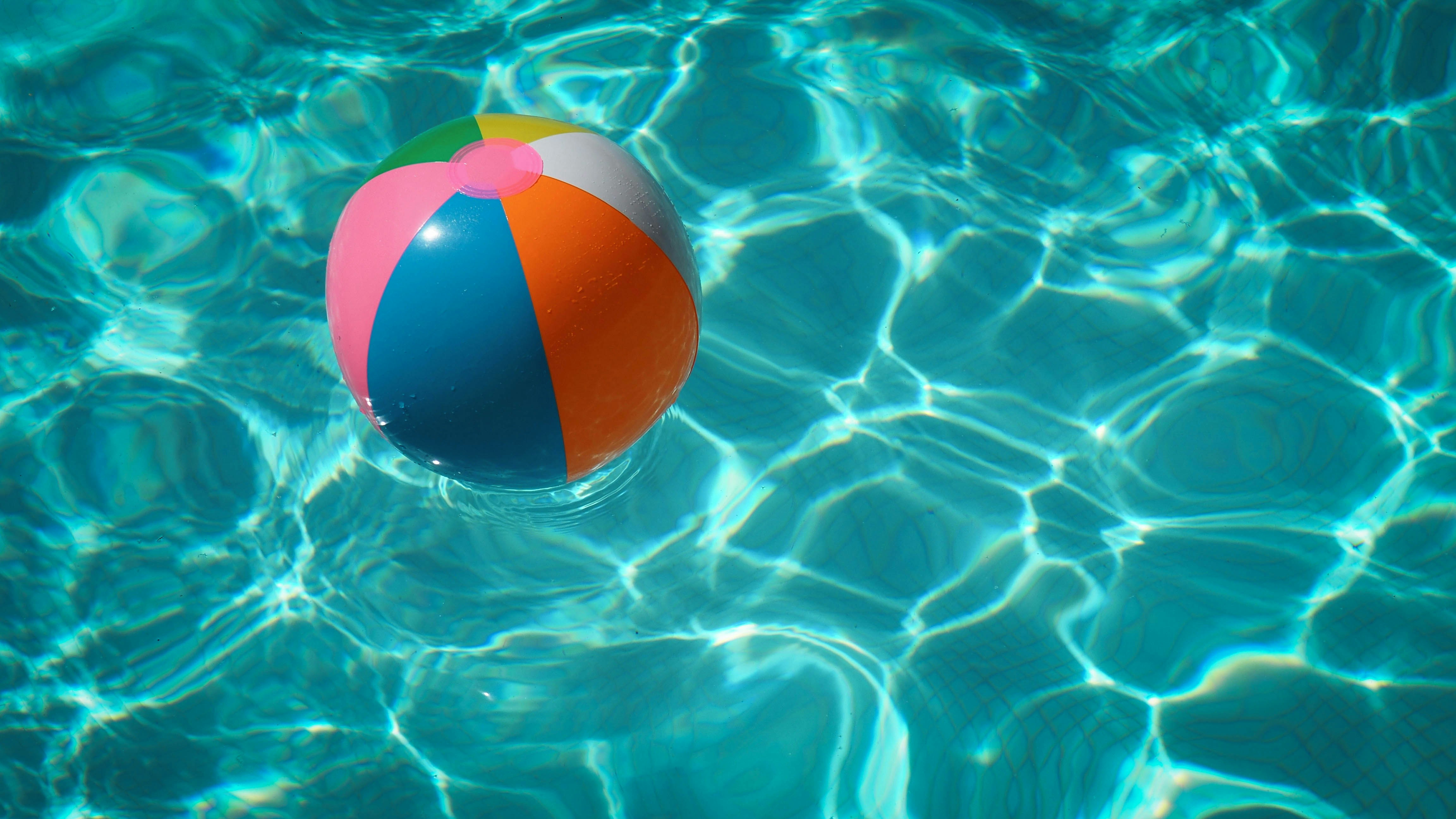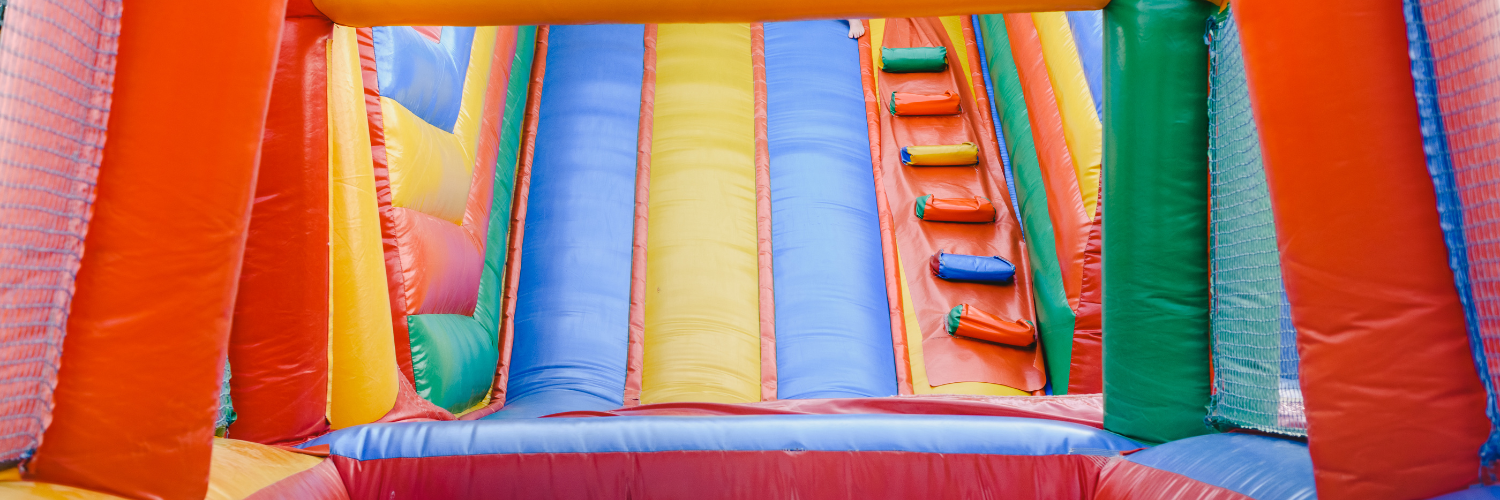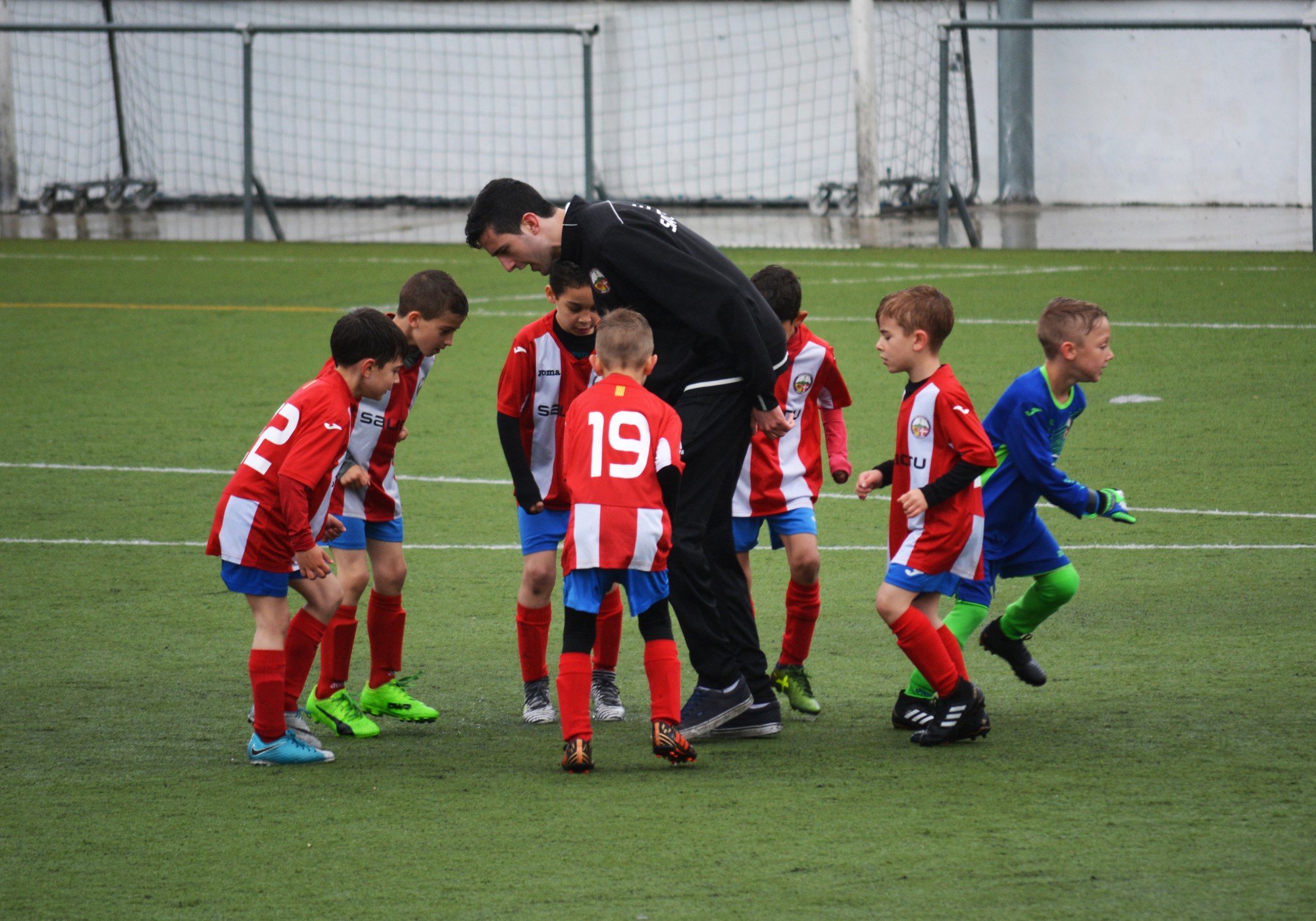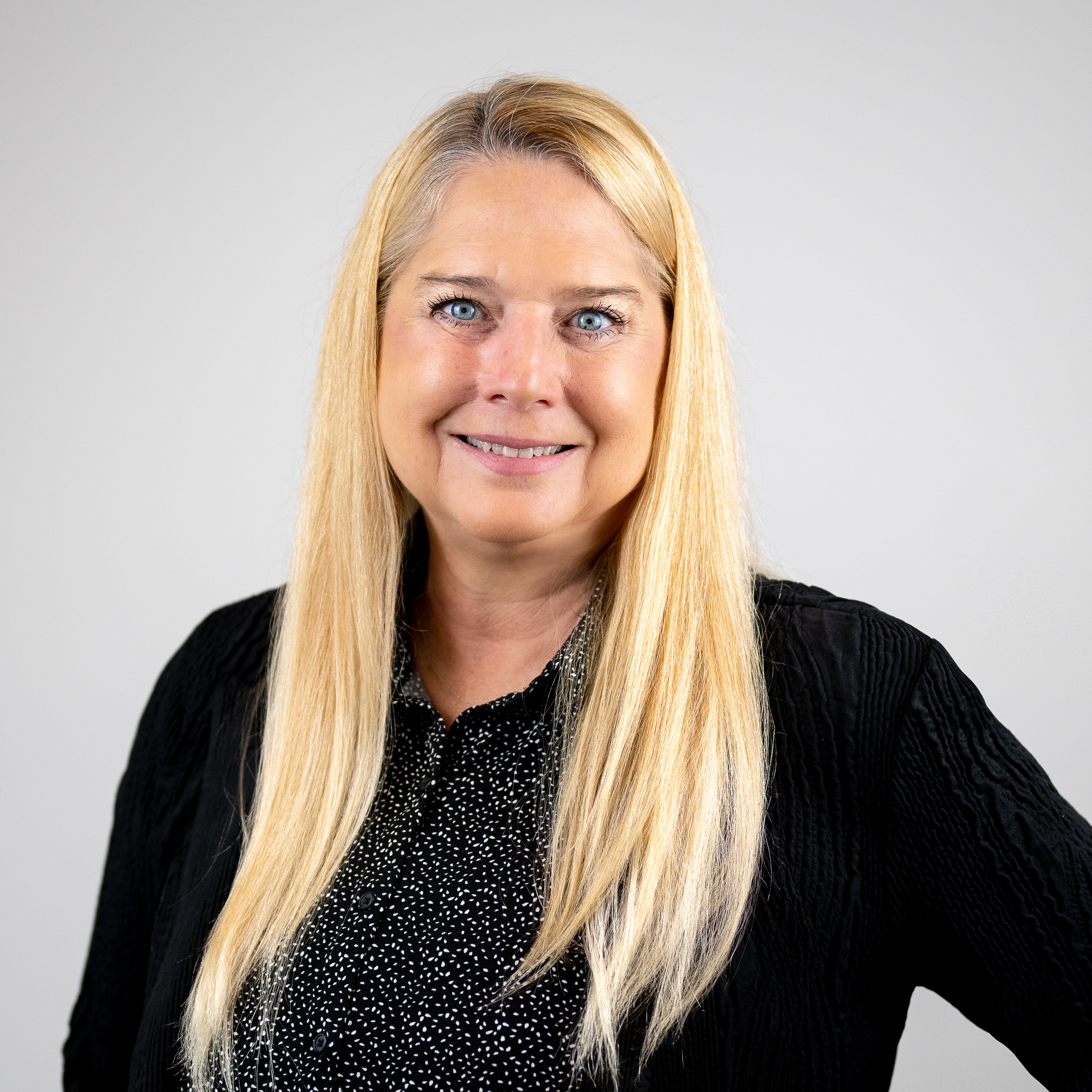As summer is ramping up and temperatures are rising, now is the time to take precautions to prevent.
COVID Reopening
Reopening our Sports, Leisure, and Entertainment Buildings
As we make our strides to reopen, follow COVID guidelines, but don’t forget the Fundamentals.
It was the early 1980s, and Matthew Wilder was struggling at his career as a pop solo artist. Every song he recorded was rejected by the record company. Frustrated and feeling like he could not make any progress in his career, Wilder wrote a song that poured out of him in about 30 minutes. With some of his friends and on his own dime, Wilder boldly went to a recording studio and recorded that song during an overnight shift. After Wilder submitted the song to the record company, he was informed that the owner of the company attached a note to the cassette he submitted that read, “interesting song, but not a hit.” For Wilder, that was the last straw. He told the label, “if you guys can’t hear this, there’s nothing I can do for you anymore.” Wilder suggested that the record company let him out of his contract, which they did, and he and his song went on their way.
After shopping the song around, Wilder finally found a taker and got a new album deal. In 1983, his song was released, and it would go on to be a massive international hit. The song would turn out to be Wilder’s only hit, adding him to the decade’s long list of one-hit wonders. But in the early months of 2020, nearly four decades later, lightning in a bottle would strike again. Thanks to the social media app TikTok, the song had been resurrected and became popular to a generation of listeners who weren’t even born when it was first released. “Break My Stride” has been used in over 800,000 videos on the app and, hashtag #breakmystride was viewed nearly 100 million times.
While the song is, in essence, about two people moving on from a failed relationship, it is universally identifiable with the idea of being optimistic and not letting any distractions or obstacles get in the way of one’s progress. The song’s main lyrics, “Ain’t nothin’ gonna break my stride, nobody gonna slow me down, I got to keep on movin,” reflects Wilder’s confidence and motivation to succeed in the face of adversity. The term hitting one’s stride means to begin to do something in a confident and effective way after starting slowly. With the COVID-19 vaccinations in full swing and more and more sports, leisure, and entertainment businesses starting to reopen to the public after a year-long battle enduring restrictions and shutdowns, the title and circumstances behind that song seem like the perfect metaphor.
Hitting our Stride
For most facilities (at least initially), there will be a much different look and feel to their operations as compared to the pre-COVID days. Since the shutdowns, there has been a tremendous amount of focus given to COVID-19 reopening guidelines; and rightfully so. For our part, American Specialty has consulted with countless facility operators regarding the basic guidelines to follow and best practices to consider when reopening their buildings to the public. While it goes without saying that we can’t take our eye off the ball on COVID policies and procedures, as we hit our stride again and reopen up our facilities, we can’t forget the fundamentals.
The Fundamentals
Michael Jordan is credited as saying, “get the fundamentals down and the level of everything you do will rise.” In sports and business alike, mastering the fundamentals is the key to success. The extended shutdowns and overwhelming focus on COVID-19 have made it easy for businesses to lose focus on the pre-COVID safety fundamentals. As we make our strides to reopen our buildings and venues, I offer six safety fundamentals that sport, leisure, and entertainment businesses should be committed to:
"It is wonderful what great strides can be made when there is a resolute purpose behind them."
- Winston Churchill
Staffing & Supervision – certainly one of the biggest challenges the sport, leisure, and entertainment industry faces today is adequately staffing their facilities. Finding a solid seasonal labor pool was hard enough pre-COVID and will probably be even more challenging going forward. However, owners and operators must do what they can to ensure their rides, attractions, and events are adequately staffed and supervised at all times when in operation. Inadequate staffing and lack of supervision are among the most common allegations from plaintiff attorneys in lawsuits. Indeed, in the long run, cutting corners in staffing never pay dividends, and the consequences can be severe.
Training & Development – training has never been as vital as it is today. Don’t forget that many of your employees have not worked at your facility for an extended period, and you shouldn’t take it for granted that they can easily pick up where they left off. Skills fade over time if not practiced. You should be committed to re-training all of your employees. Right now is also a good time to invest in employee learning and development. Remember, employee development is the #1 factor for employee retention.
Responding to and Investigating Incidents – having solid procedures in place to respond to incidents and perform incident investigations not only helps in defense of claims and lawsuits, but the lessons learned from those incidents will go a long way to make your facility a safer one.
Inspections – the cornerstone of any safety program is a comprehensive and robust inspection program. It’s common knowledge that all rides and attractions need to be inspected daily, and more detailed inspections need to be performed per the manufacturers’ specifications. However, an overlooked daily inspection practice is performing inspections of the facility as a whole. The number one cause of injury in the sports, leisure, and entertainment industry (both employee and guest injuries) is slip, trip, and falls, so daily inspections of all of your walking surfaces are critical.
Documentation – the adage, if it wasn’t documented, it didn’t happen especially rings true in today’s litigious society. Documentation certainly enhances defensibility, but perhaps more importantly, it dramatically improves the consistency and thoroughness of your training and inspection programs and adds clarity to your policies and procedures. Also, remember to document all of your COVID-19 policies and procedures to adequately demonstrate that your facility is compliant with local, state, and CDC guidelines.
Employee Accountability – there's another adage, "trust but verify." How do we know if our employees are doing a great job? How do we know if our training programs are effective? Verifying trust doesn’t imply a lack of trust or disguised as a form of micromanagement. When we hold our employees accountable for their actions, we essentially teach them to value their work. Approached properly, holding our employees accountable can strengthen trust, promote ownership, and increase employee’s skills and confidence. Remember, we are not only holding our employees accountable, but our training programs accountable, and perhaps most importantly, ourselves accountable. The mindset should not be we will only look for employee mistakes or poor behavior, but we also want to catch our employees doing good things and excelling. When holding your employees accountable, always follow the four "R’s":
- Recognize and Reward Excellence – give specific and sincere praise for employee excellence and reward accordingly.
- Redirect – correct improper technique and honest mistakes. Provide a teaching moment and make it a positive experience.
- Reprimand – done when an employee conducts themselves poorly and/or does not follow company policy. Reprimands should be documented, done in a private setting, and employer expectations for improvement should be communicated and followed-up.
"Never depend on a road, depend on your strides"
- Munia Khan (poet and author)
There finally appears to be a light at the end of the very dark and long tunnel we have been trudging through for over a year. Focusing on the fundamentals will help your business take meaningful and purposeful strides toward reopening your facility. Those of us in the sports, leisure, and entertainment industry I believe that there is a feeling that nothing is going to break our stride, no one is going to slow us down, and we are going to keep on moving.
For more information on any of the six fundamentals of safety, contact Rich Powers at rpowers@americanspecialty.com or (260)-755-7251.
This article was created for educational purposes to share general information. Consult a licensed professional in your state when seeking advice. See your policy or agent to view your specific terms, conditions, coverage, exclusions, products, services and programs.

Rich Powers serves in leadership as the Executive Vice President of Risk Services at American Specialty Insurance. Powers has been at American Specialty since 2000 and has over 30 years of experience in the sports and entertainment industry working in risk management as well as operations management. He holds an Associate of Risk Management (ARM) Designation as well as several other safety, security, and auditing certifications and licenses in the industry.


American Specialty's in-house claims management team has handled a wide variety of claims and.

April 2025

Insurers lose approximately $13 billion each year due to water damage claims, according to the.

January 2025

Understand the five factors the contribute to inflatable injuries and seven risk management.

August 2024

Winter Weather Safety Tips Protecting your property, your building, and people Winter not only.

December 2022

Navigating Risk Management Trends: Liquor Liability in the Growing Eatertainment Industry Rising.

July 2022

Navigating Risk Management Trends: Labor Shortage The labor shortages are bringing about new risks.

June 2022

What makes specialty coverage so special in the current insurance market? Specialty insurance.

April 2022

Should I Be Using a Waiver? If the services and experiences that you offer can be viewed as a sport.

September 2020

For most businesses, emergency planning does not rank among the most important items on the.

July 2020

